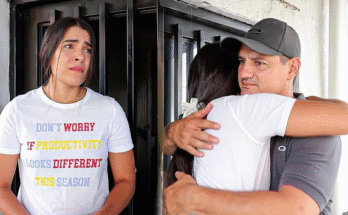She Discovered What Her Neighbor Was Going Through and Decided to Help Her
Isabelle had lived in the same quiet cul-de-sac for years. The neighborhood was peaceful, filled with manicured lawns, polite smiles, and people who minded their own business. She often exchanged pleasantries with her neighbor, Clara, a soft-spoken woman who lived two houses down. Clara was reserved, always keeping to herself, but kind whenever they spoke.

Still, something about Clara always seemed… off.
She wore long sleeves even in summer. Her eyes darted when people asked questions. She rarely left her home, and when she did, it was with her husband by her side—always watching, always a step too close.
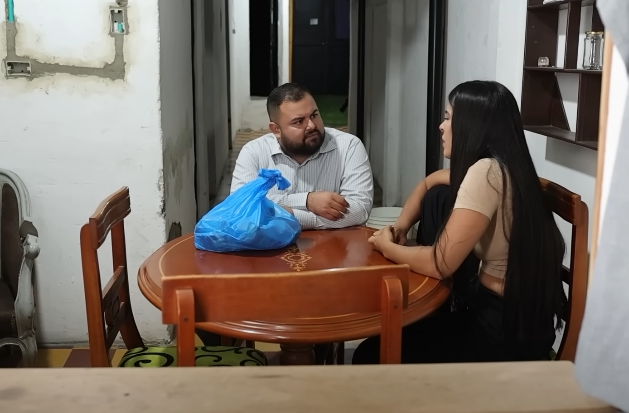
Isabelle didn’t pry. She told herself it wasn’t her place. But that changed one rainy evening.
Isabelle was walking her dog when she passed Clara’s house and heard something—muffled yelling, a crash, a stifled sob. She stopped, frozen, her heart racing. The porch light was on, the front door slightly ajar. She moved closer, cautiously, and saw Clara’s silhouette through the curtains, curled on the floor.
Instinct kicked in.
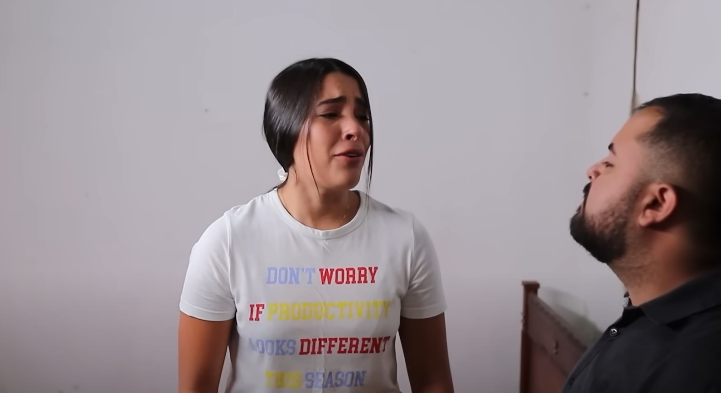
Isabelle knocked on the door, louder than she meant to. A man—Clara’s husband—answered, his face tense. “She’s fine,” he snapped. “She tripped. It’s nothing.”
But Clara’s eyes met Isabelle’s from behind him. And that one look—fearful, pleading—said everything.
Isabelle left that night, but she couldn’t shake what she saw. She started watching more closely. Noticing how often Clara had new bruises. How she never made eye contact when her husband was around. How her smile never reached her eyes.
Isabelle made a decision.
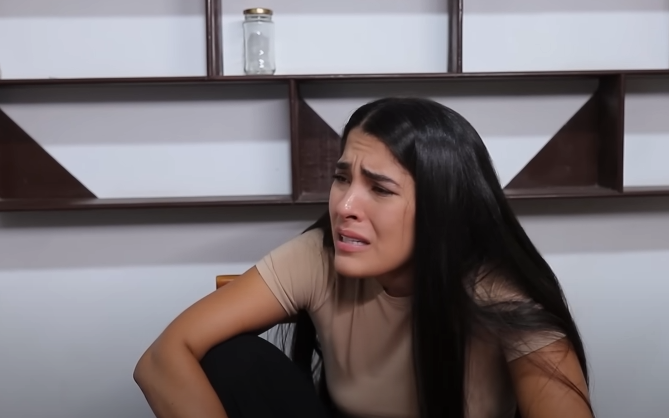
She slipped a note into Clara’s mailbox the next day: “If you need help, I’m here. No judgment. Just knock on my door.”
A week passed. Then two. Nothing.
Then, one night—long after midnight—a soft knock came at Isabelle’s door. She opened it to find Clara, soaked from the rain, trembling, with a small bag in her hands. She said only one word: “Please.”
Isabelle didn’t hesitate. She brought Clara inside, gave her dry clothes, called a shelter she had already researched, and stayed by her side through the entire process. Clara filed a report, found a safe place to stay, and slowly began rebuilding her life—free from fear.
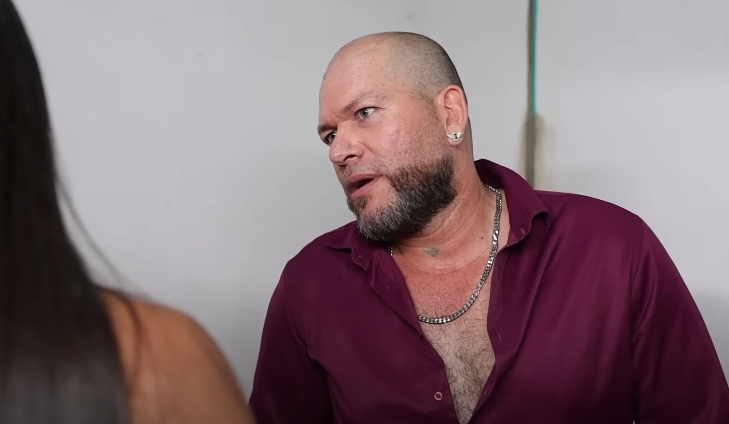
In the weeks that followed, Isabelle saw her street differently. Not just as rows of tidy homes, but as a place where people could hide their pain behind closed doors. And she realized how many others, like Clara, suffer in silence, just waiting for someone to notice.
Clara later told her, “You saved my life.”
But Isabelle simply replied, “You saved your own. I just answered the door.”
Because sometimes, everything changes when someone decides to stop looking away.
She discovered what her neighbor was going through—and she decided to help her.
